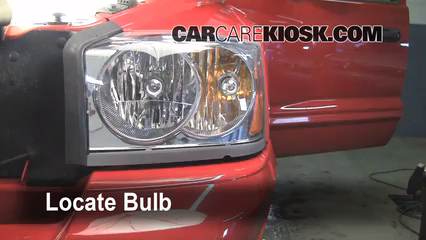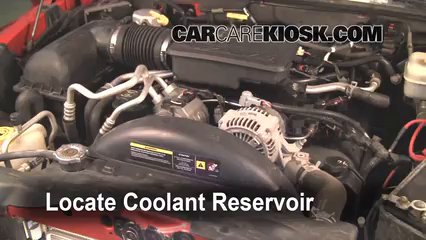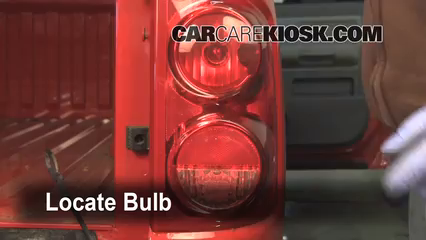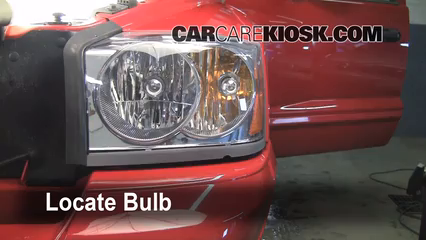How to Jumpstart a 2006 Dodge Dakota SLT 4.7L V8 Crew Cab Pickup
Dodge Dakota Model Years - 2005, 2006, 2007, 2008, 2009, 2010, 2011
How to properly jump start a car with the correct cable order
Hans Angermeier is an ASE certified Maintenance and Light Repair Technician and has produced over 100,000 videos showing drivers how to fix things on their cars. He has broad expertise on basic repair procedures covering the majority of cars on the road. Over the past 10 years, Hans has been focused on building CarCareKiosk, which is visited by millions of drivers each month.
- Lake Ford helped make these videos
- Feedback
- Download Dodge owners manuals
This video shows you how to use jumper cables to jump start a dead battery in your 2006 Dodge Dakota. If you get into your Dakota, turn the key, and your car doesn't start (you may hear nothing or a clicking sound from the engine bay), you have a dead battery and need a jump-start. Check to see if you left your headlights or an interior light on and turn the switch off. Assuming that you have a pair of jumper cables, a pair of safety glasses and a friend to give you a jumpstart, the video above will show you where to connect the cables (and in what order!) for your Dakota.
It is important to use the best jumper cables you can buy as they have thicker gauge (0, 2 or 4 gauge) wire and will impact how long to charge car battery with jumper cables (your Dakota will charge faster with thicker cables). Cheap jumper cables have very thin wire such as 8 or 10 gauge), which increases how long it will take to charge the battery with jumper cables in your Dakota. When you finish jumpstarting the dead battery car, which battery terminal to disconnect first is important. Be sure to disconnect the negative cable (black cable) from the ground on the dead car, then disconnect the negative cable from the ground on the donor battery, then disconnect the positive (red cable) from the donor battery and finally disconnect the positive cable from the dead car. Once you are finished reviving a dead car battery in your Dakota, make sure you drive it for at least 5 minutes before turning it off so your battery isn't dead the next time.
So what's up with the safety glasses? There is a small possibility of a battery exploding during the charging process if you don't connect the cables properly (causing a spark) and there is a bunch of hydrogen gas around the battery (car batteries emit hydrogen gas when they discharge) - this is much more of an issue with cars that haven't been driven for a long time than if you drive your Dakota regularly and simply forgot to turn your lights off.
- Advance Auto coupon for
20% off entire order: KIOSK20













